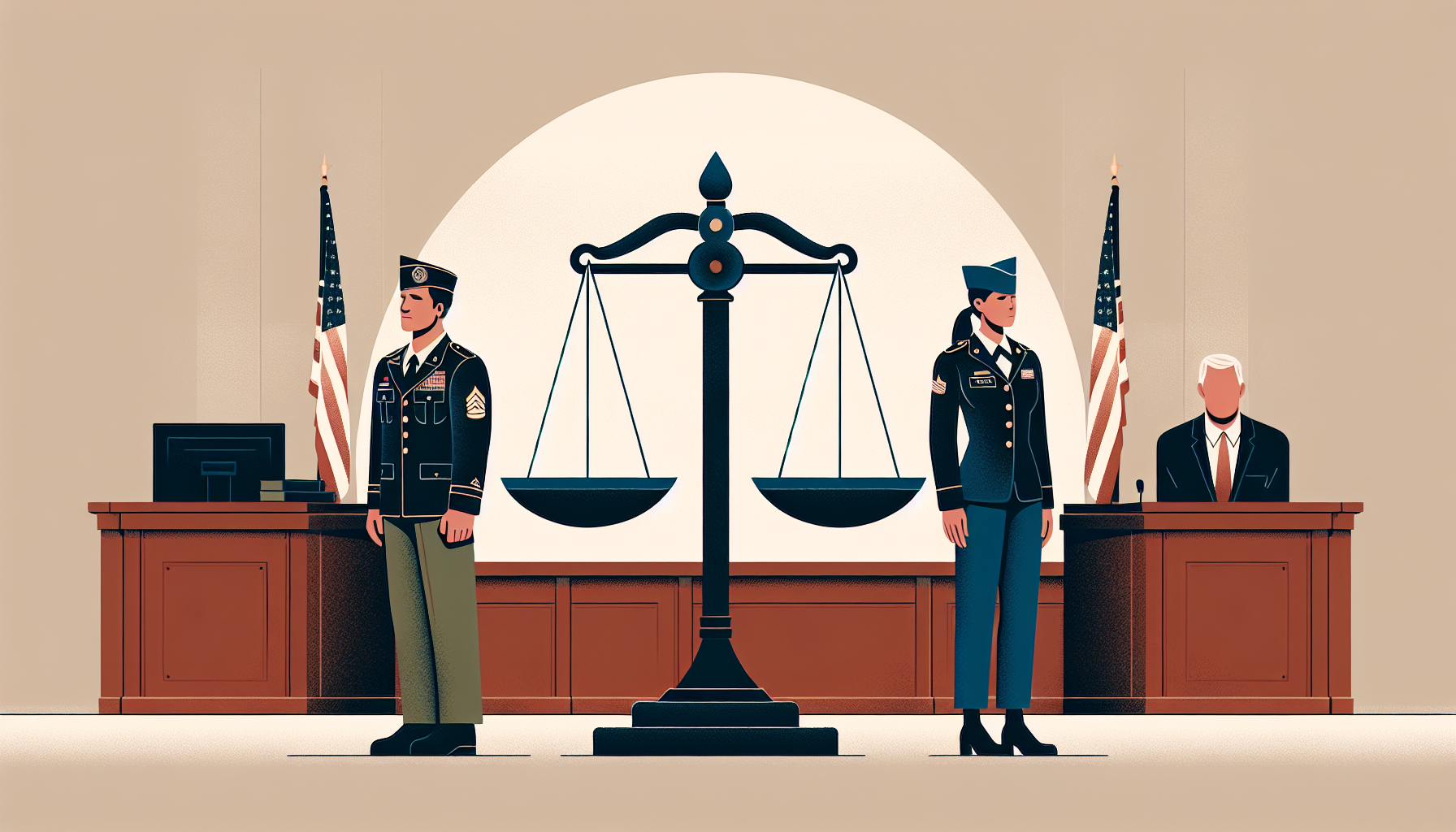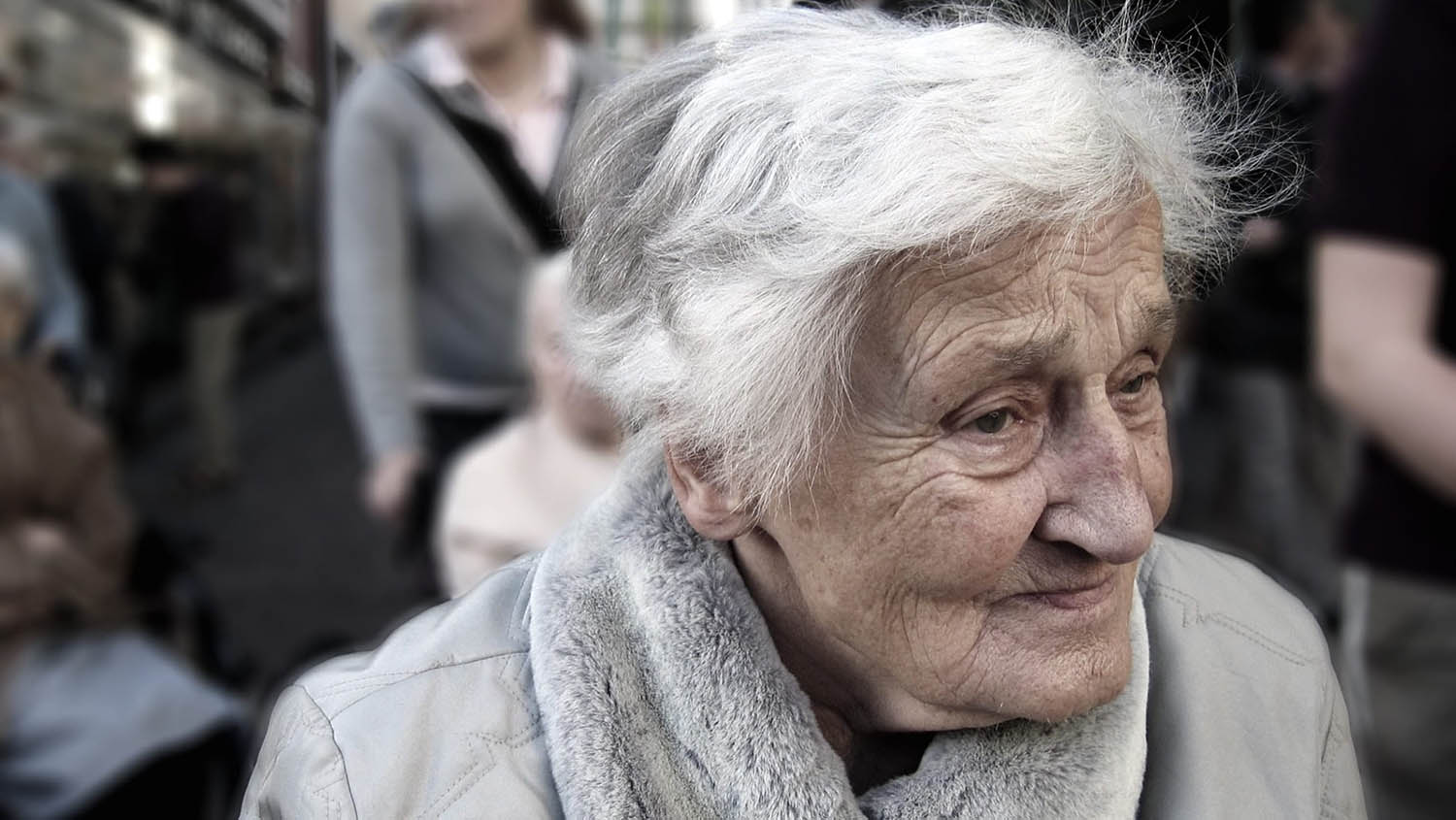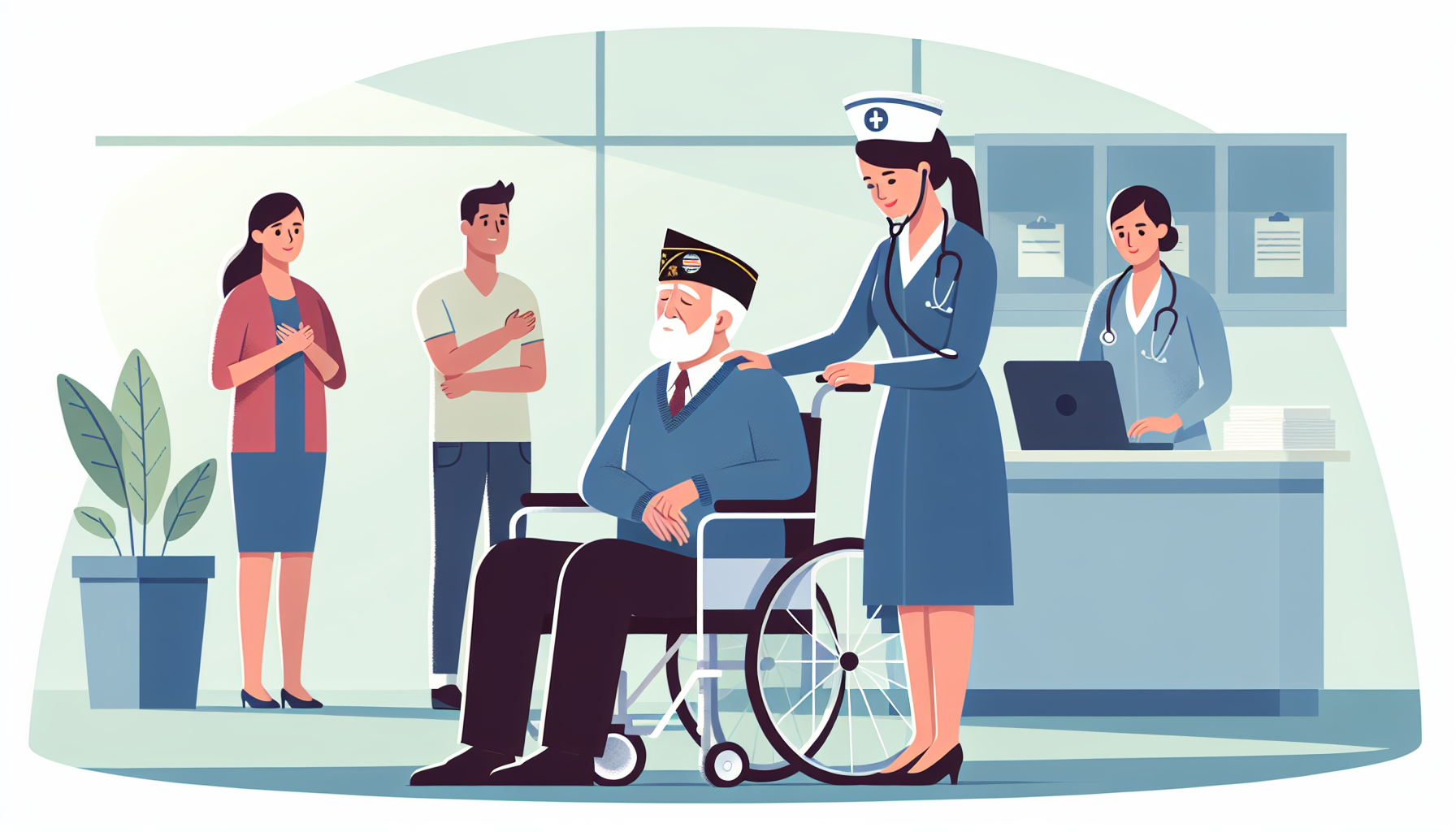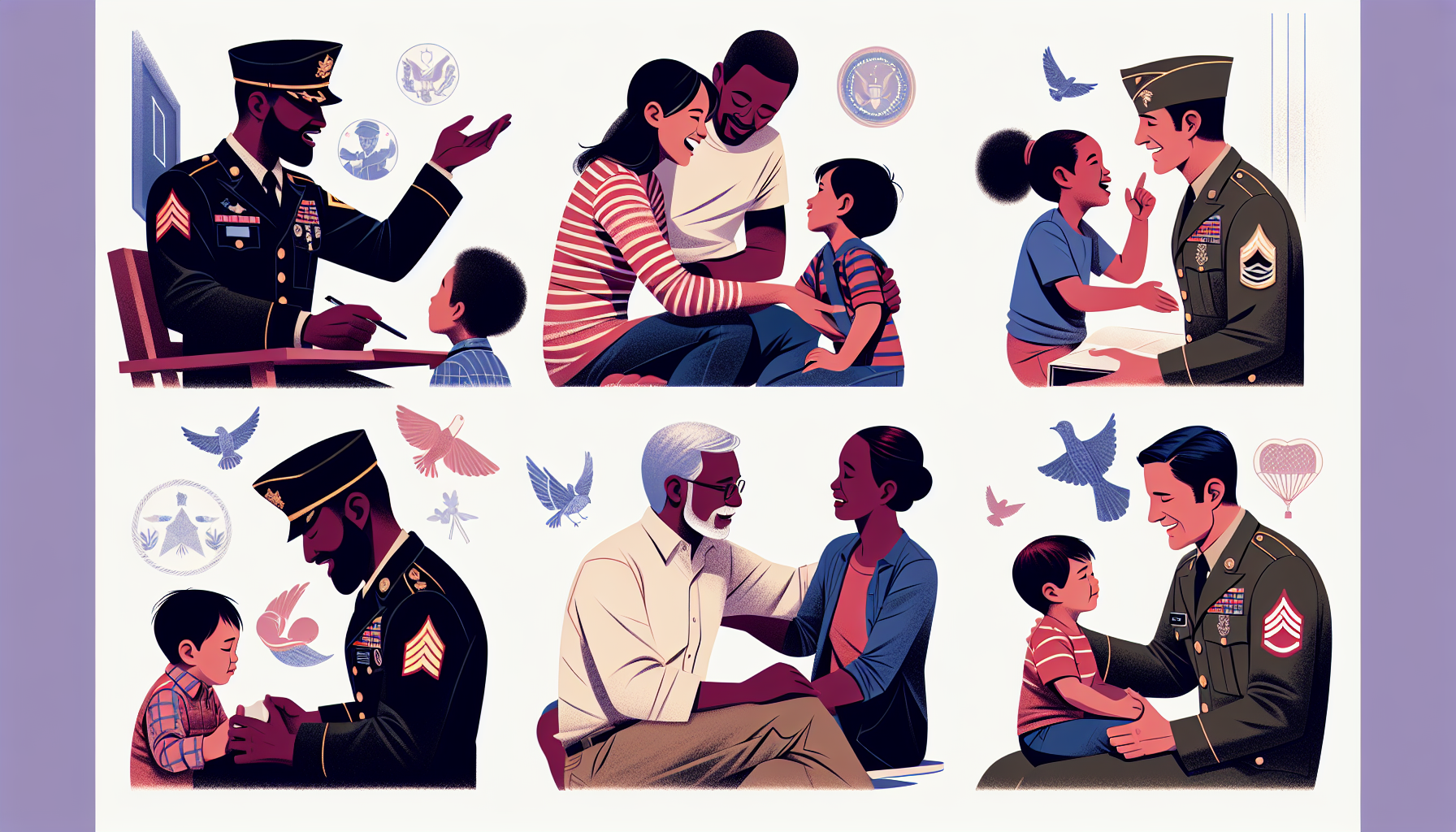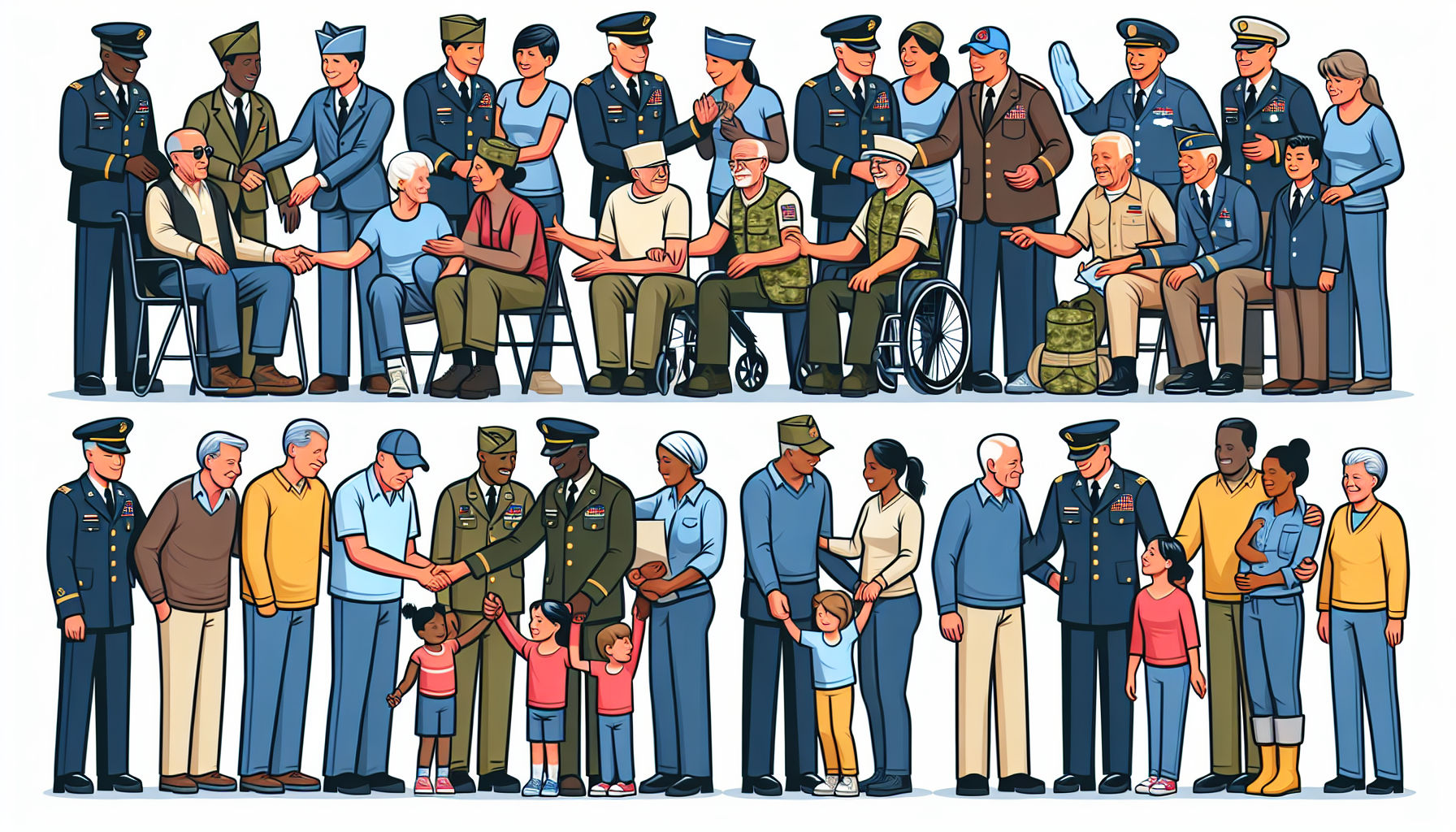Definition
The U.S. Court of Appeals for Veterans Claims is a federal court that reviews decisions made by the Board of Veterans’ Appeals, particularly concerning veterans’ benefits. It provides veterans an opportunity to appeal and challenge unfavorable decisions about their claims. Established in 1988, the court ensures that veterans’ rights are protected, and their claims are evaluated fairly and accurately.
Key Takeaways
- The U.S. Court of Appeals for Veterans Claims is an independent federal court that exclusively handles the review of decisions made by the Board of Veterans’ Appeals, ensuring veterans receive a fair and just adjudication of their claims for benefits.
- The Court provides veterans and other appellants with the opportunity to challenge adverse Board decisions through a non-adversarial, appellate review process, ensuring that veterans’ rights and interests are protected under law.
- Decisions made by the U.S. Court of Appeals for Veterans Claims can be further appealed to the U.S. Court of Appeals for the Federal Circuit and, ultimately, the Supreme Court, providing multiple levels of judicial review for veterans and their families.
Importance
The U.S. Court of Appeals for Veterans Claims is a vital aspect of the VA benefits system because it provides veterans with an independent judicial body to review decisions made by the Board of Veterans’ Appeals.
This court ensures that veterans receive fair treatment and have access to a transparent appeals process for VA benefits claims. By allowing veterans to challenge unfavorable decisions, the court safeguards their rights to receive proper healthcare, financial assistance, and other earned benefits.
Moreover, the U.S. Court of Appeals for Veterans Claims contributes to the development of veterans law, influencing policies and shaping the VA system as a whole, ultimately promoting more equitable treatment and outcomes for those who have served the country.
Explanation
The U.S. Court of Appeals for Veterans Claims serves a crucial purpose within the realm of veterans’ affairs by providing an appellate forum for the review of decisions made by the Board of Veterans’ Appeals (BVA). Established in 1988, the Court exists to ensure that veterans and their families receive fair and just treatment within the judicial system. Its primary objective is to guarantee that BVA decisions align with veterans’ law and respect the rights of claimants.
This function is essential for maintaining the trust and confidence of veterans in the adjudication process of their benefits-related claims. Claimants dissatisfied with a decision rendered by the BVA may appeal to the U.S. Court of Appeals for Veterans Claims, which is an independent judicial entity that reviews both the factual and legal elements of BVA rulings.
The Court seeks to determine whether the BVA’s decision is legally sound and consistent with established regulations and laws. In doing so, it provides an additional layer of oversight and accountability for the VA benefits system, ensuring the voices of veterans are heard and their grievances are adequately addressed. The Court’s existence not only provides claimants with an opportunity for recourse but also serves to uphold the integrity of the benefits process for all veterans and their families.
Examples of U.S. Court of Appeals for Veterans Claims
The U.S. Court of Appeals for Veterans Claims (CAVC) is an independent federal court that reviews decisions made by the Board of Veterans Appeals (BVA). The court handles cases in which veterans or other claimants feel that the BVA has made an error in deciding their case. Here are three real-world examples of cases heard by the CAVC:
Manker v. Wilkie (2019): In this case, the CAVC decided that the Department of Veterans Affairs (VA) cannot deny education benefits to veterans with an other than honorable (OTH) discharge, who were discharged due to incidents that can be linked to a service-connected disability. This decision set a precedent for future cases involving veterans who have been denied GI Bill benefits due to their discharge characterizations.
Haas v. Peake (2008): A Vietnam War veteran, Mr. Haas, sought disability compensation for the onset of type 2 diabetes. He alleged that his diabetes was caused by exposure to Agent Orange, an herbicide used during the war. Initially, the BVA denied his claim due to a lack of direct evidence. However, the CAVC reviewed the case and determined that the VA’s presumption of exposure to Agent Orange extended to veterans who served on the waters surrounding Vietnam, thus granting Haas the compensation he sought.
Bryant v. Shinseki (2013): In this case, a female veteran, Ms. Bryant, sought an increase in her disability rating due to her worsening PTSD and depression. The BVA denied her request, finding that her evidence was not sufficient. The CAVC, however, determined that the BVA failed to provide an adequate explanation for its decision and did not properly consider Ms. Bryant’s evidence. The court remanded the case back to the BVA for further evaluation.These examples showcase the diversity and importance of cases heard by the U.S. Court of Appeals for Veterans Claims. The CAVC plays a critical role in ensuring that veterans receive the benefits they deserve when they believe that the Board of Veterans Appeals may have made an error in their case.
FAQs on U.S. Court of Appeals for Veterans Claims
1. What is the U.S. Court of Appeals for Veterans Claims (CAVC)?
The U.S. Court of Appeals for Veterans Claims (CAVC) is an independent federal court that reviews and decides appeals of decisions made by the Board of Veterans’ Appeals (BVA). The court ensures that veterans’ claims are handled fairly and accurately by the BVA.
2. How do I file an appeal with the CAVC?
To file an appeal with the CAVC, you must submit a Notice of Appeal (NOA) within 120 days from the date the BVA decision was mailed to you. The appeal must be in writing, and you can either file it electronically using the e-filing system or mail it to:
Clerk of the Court
U.S. Court of Appeals for Veterans Claims
625 Indiana Avenue, NW, Suite 900
Washington, DC 20004-2950
3. Can I receive legal assistance with my CAVC appeal?
Yes, you can receive legal assistance with your CAVC appeal. You can choose to represent yourself (pro se) or hire a private attorney or an accredited representative from a Veterans Service Organization. The court also has a pro bono program, which may provide free legal representation if you meet certain eligibility criteria.
4. What is the difference between the BVA and the CAVC?
The Board of Veterans’ Appeals (BVA) is an administrative entity within the Department of Veterans Affairs, while the U.S. Court of Appeals for Veterans Claims (CAVC) is an independent federal court. The BVA primarily reviews decisions made by the VA regional offices, while the CAVC reviews the decisions made by the BVA. The primary difference between the two entities is that the CAVC is a judicial body, and its decisions serve as precedent for future cases.
5. How long does it take for the CAVC to decide an appeal?
The time it takes for the CAVC to decide an appeal can vary depending on the complexity of the case and the number of cases pending before the court. It may take several months or longer for the court to reach a decision. However, the court aims to issue decisions within the shortest possible time.
Related VA Benefit Terms
- Board of Veterans’ Appeals
- Notice of Disagreement (NOD)
- Statement of the Case (SOC)
- Formal appeal process
- Decision Review Officer (DRO)
Sources for More Information
- U.S. Court of Appeals for Veterans Claims Official Website
- U.S. Department of Veterans Affairs
- Board of Veterans’ Appeals
- National Veterans Legal Services Program
 Benefits.com Advisors
Benefits.com Advisors
With expertise spanning local, state, and federal benefit programs, our team is dedicated to guiding individuals towards the perfect program tailored to their unique circumstances.
Rise to the top with Peak Benefits!
Join our Peak Benefits Newsletter for the latest news, resources, and offers on all things government benefits.















